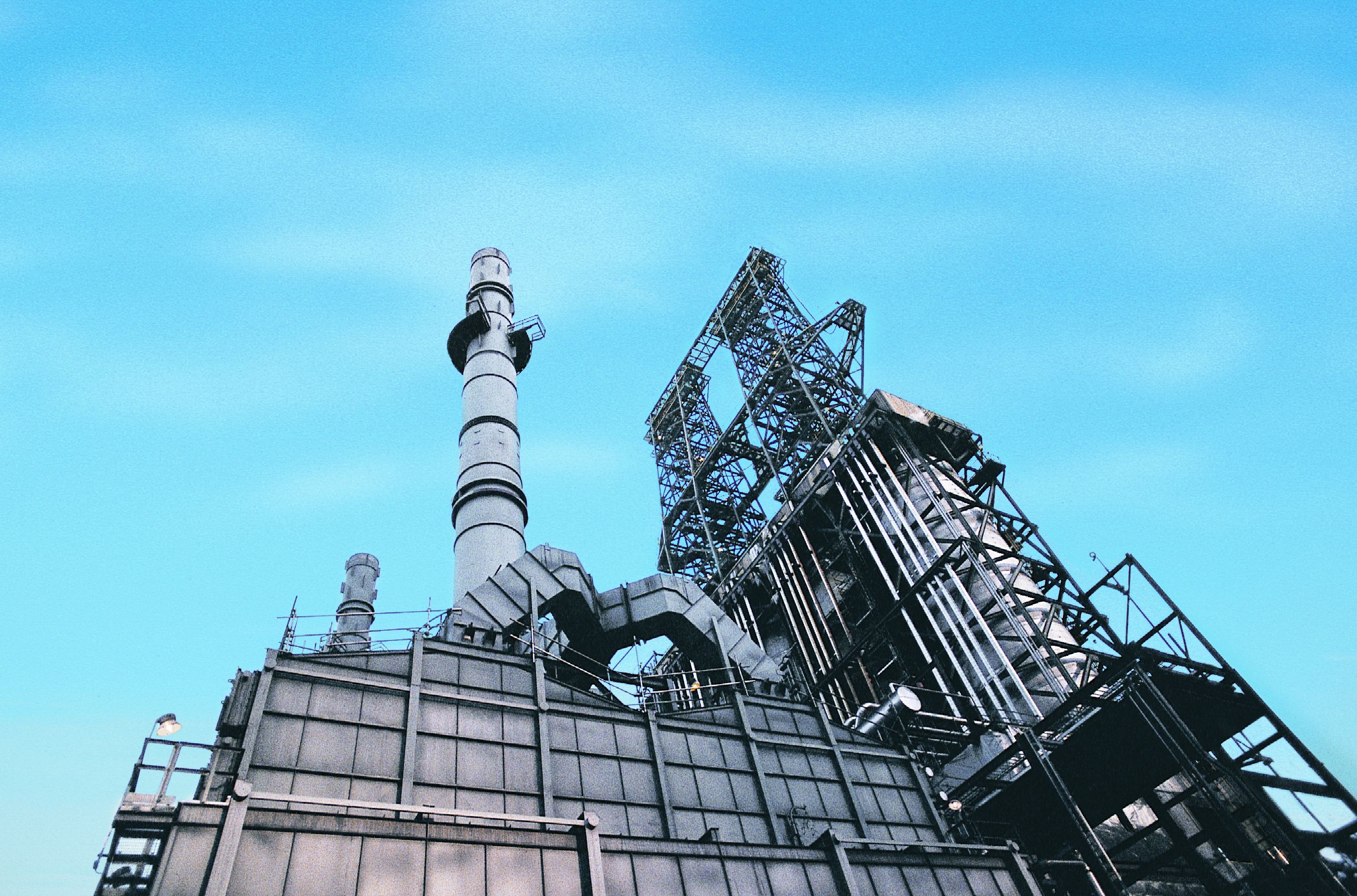Investors looking at Cenovus Energy Inc. (TSX:CVE)(NYSE:CVE) following the recent market sell-off, in which the company has lost more than 50% of its value year to date, have noted that the share price of Cenovus looks cheap.
Fool contributor Ryan Goldsman has reminded investors that shares are now trading below $10 per share and at a significant discount to book value. These points are valid and certainly should be considered by investors.
The question deep-value investors must ask, however, when looking at a price-to-book (P/BV) ratio of 0.69 for any company is that while the equity value of Cenovus is currently trading at a portion of the book value of the business (which happens quite often), the market may be concerned about the quality of the business’s underlying assets and the ability of these assets to produce value moving forward.
After all, if investors believe that the company’s assets are worth $0.10 on the dollar, an argument could be made that Cenovus’s share price could drop to below $2 (it’s unlikely, but possible). The recent $17.7 billion purchase of assets from ConocoPhillips shocked the market and worried investors, and, accordingly, it is likely that CVE shareholders have priced future asset sales and asset value discounts into their pricing models to account for the depressed share price.
Last week, ratings agency DBRS downgraded Cenovus partially on account of the asset acquisition, noting the asset purchase negatively affects the company’s credit rating, more than outweighing any positive aspects of the deal. The debt-fueled acquisition has resulted in large amounts of debt (and equity) being issued, resulting in a situation where the company has negative levered cash flow of $1.7 billion per year. While the company’s operating cash flows are positive for the time being given the current price of oil, the amount of debt on the company’s books is hampering levered cash flow — something that has investors very worried.
With some ratings agencies and analysts cutting their price expectations for both WTI crude and Western Canadian Select, it stands to reason that oil companies covered by such analysts would take a hit as expected future cash flows deteriorate alongside dropping oil prices. The current DBRS credit rating of BBB is investment grade, and investors should not expect any significant risk of default any time soon; however, it appears the near- and medium-term risk profile of Cenovus has worried investors and prompted many to get out of the way of this stock.
Stay Foolish, my friends.






